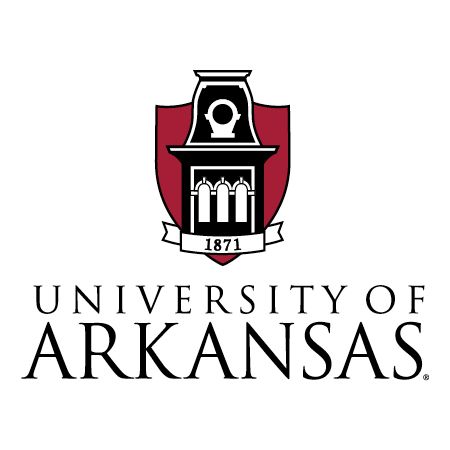FAYETTEVILLE, Ark. – An interdisciplinary team at the University of Arkansas has been awarded nearly $1 million from the National Science Foundation to support low-income students interested in studying innovation in science, technology, engineering and math, the STEM fields.
Faculty and staff from the College of Engineering, the Fulbright College of Arts and Sciences, the Honors College and the Sam M. Walton College of Business will serve as investigators on the grant, which totals $941,348. Approximately $600,000 of the funds will be dedicated to scholarship funds for STEM students in the Honors College Path Program, which prepares exceptional students from underrepresented populations to excel at the U of A.
The program, known as Closing America's STEM Innovation Gap through Collaboration with Industry, will provide scholarship funding for two cohorts of 16 students in majors related to science, technology, engineering and mathematics, as well as supporting cutting-edge innovation courses that include collaboration with industry partners. Students will receive up to $5,500 in annually renewable scholarships, plus a one-time $2,950 award.
The project is led by Karl Schubert, a professor of practice who is the associate director of the university’s new data science program and holds a joint appointment in the colleges of business, arts and sciences, and engineering.
Co-principal investigators include Jennie Popp, associate dean of the Honors College; Carol Gattis, associate dean emeritus of the Honors College and adjunct associate professor of industrial engineering; Thomas Carter III, assistant dean for academics and student affairs in the College of Engineering; and Xochitl Delgado Solorzano, director of the Honors College Path program.
The program is designed to remove barriers that low-income students often face because of the unique nature of innovation courses. Training in innovation principles and processes are frequently extracurricular pursuits, such as unpaid internships with start-up organizations, shadowing innovation professionals or obtaining an additional business degree that covers innovation principles, Schubert said.
These pursuits often require financial means or connections in the field — both of which are often unavailable to low-income students. The STEM innovation program will embed innovation training into the academic coursework, allowing students to learn those skills while obtaining a degree.
In addition to the innovation training, students will participate in Path Program activities that will support their academic and professional development, contributing to their success at the university.
Schubert said the courses will focus on solving real-world problems.
“Our industry partners not only want graduates who can solve problems, they need graduates who can think out of the box, innovate and provide disruptive solutions, and even solve problems they did not realize existed — to be forward thinking, creative, and innovative,” he said. “Our STEM innovation students will become innovators with real-world experience, and opportunities to work on problems needing innovative solutions under the mentorship of industry partners.”
Schubert said it’s critical to broaden the pipeline of students entering the innovation workforce, both for students and the industries where they will ultimately work.
“The more ways that you can look at solving a need the better the ultimate solutions and alternatives you will develop,” he said. “To develop diverse — and ultimately the best — alternatives for solving needs, having people with a wide array of experiences and backgrounds is vital. The real world operates that way. The sooner students experience diversity in these ways, the better prepared they will be to be successful in their careers.”
The program was built with input from the Arkansas business community, and industry partners will collaborate to help students throughout the program.
“We are excited to collaborate with the STEM innovation team at the University of Arkansas to create programs that encourage innovation and enhance and expand the entrepreneurship ecosystem for our state and region,” said Nelson Peacock, president and CEO of the Northwest Arkansas Council. “Through this effort, the council will assist in securing industry mentors, internships and industry examples of innovation to build a pipeline of a diverse, innovation-minded workforce for companies of all sizes.”
Schubert said those industry experiences will provide students valuable preparation to begin their careers.
“Classroom projects are important, including learning how to work in teams, but real-world industry projects are an eye-opening experience that will give these students a head start on their careers,” he said. “This is vitally important to our students, to our industry partners who are actively engaged, and to the future and to the health and competitiveness of our state and the nation.”
About the University of Arkansas: The University of Arkansas provides an internationally competitive education for undergraduate and graduate students in more than 200 academic programs. The university contributes new knowledge, economic development, basic and applied research, and creative activity while also providing service to academic and professional disciplines. The Carnegie Foundation classifies the University of Arkansas among fewer than 3 percent of colleges and universities in America that have the highest level of research activity. U.S. News & World Report ranks the University of Arkansas among its top American public research universities. Founded in 1871, the University of Arkansas comprises 10 colleges and schools and maintains a low student-to-faculty ratio that promotes personal attention and close mentoring.
Topics
Contacts
Nick DeMoss, director of communications
College of Engineering
479-575-5697,
